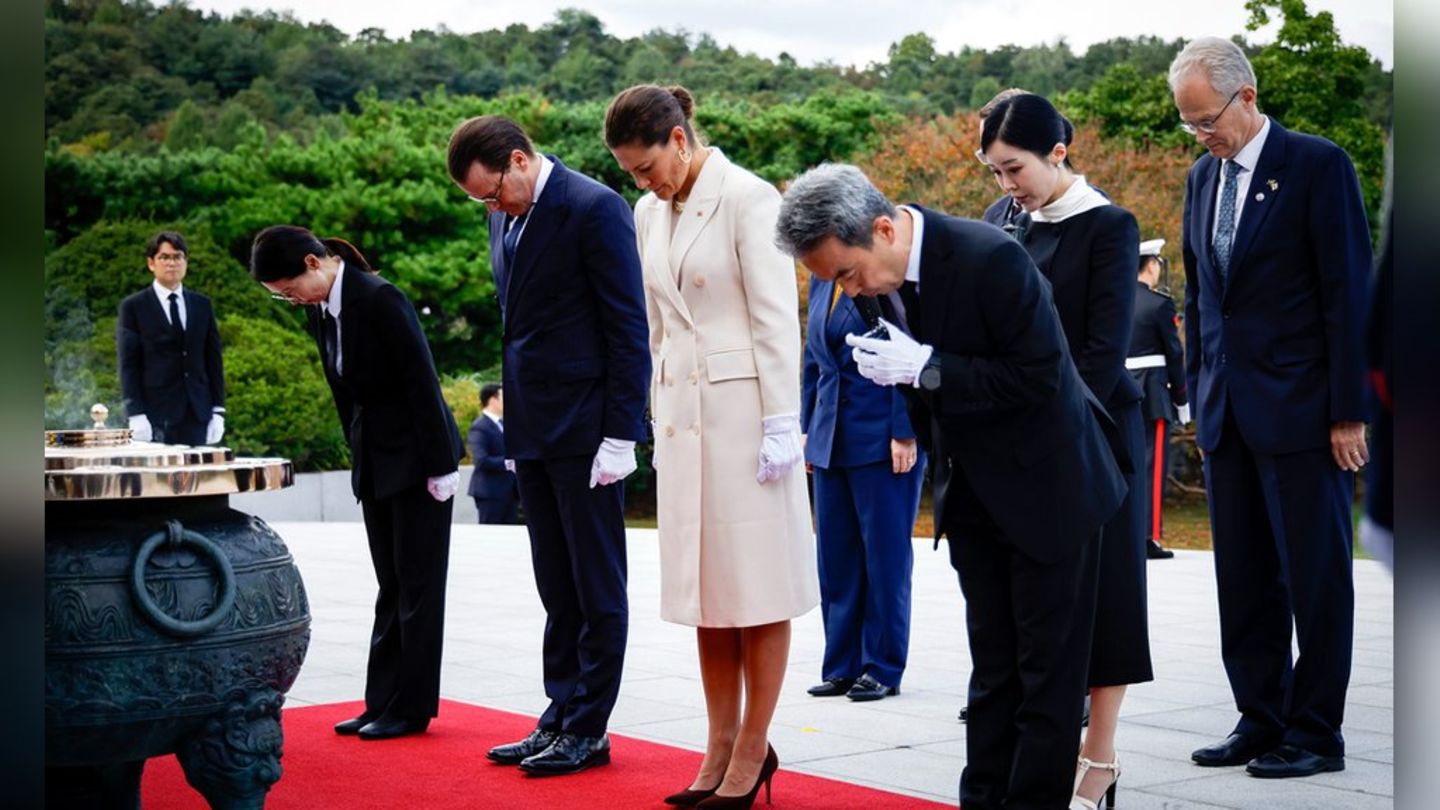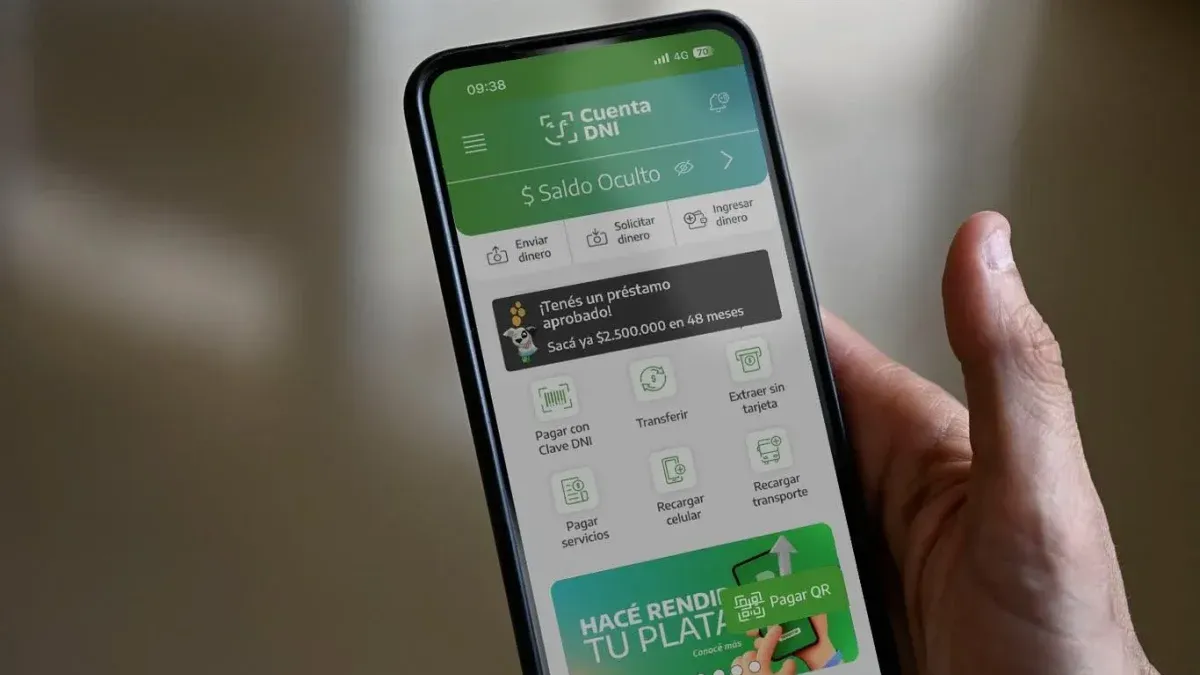manu He begins his day like many leaders stuck in routine and speed. When he wakes up he goes to the bathroom, washes his face, brushes his teeth, gets dressed quickly, greets his wife. Laura who is trying to prepare the meals while the littlest one cries because he can’t put on his shirt. A fairly everyday scene in their family life. Take your cell phone and the last crescent left over from Sunday afternoon. He greets from the kitchen and leaves because he has his first meeting at nine o’clock.
He calls the elevator and while he waits for it he hangs the crescent in his mouth to check the phone messages that had just come in. At the same time, he thinks about whether he would already have the money in the bank to pay employees’ salaries and basic services to continue operating for a few more months. The situation is complicated, but still some hope remains. He still hasn’t talked to anyone about his fears. Sales are not being recovered and the weight on the back is felt more and more. Even so, the only thing he tells himself is that he is going to find the solution, he has been on the brink of the abyss for months.
When the elevator opens its doors, enter quickly, answering the messages with two hands. “urgent”. Luckily there is no one. He continues writing, lost in thought. Suddenly he looks up. And see what you’ve never seen before.
Half of the crescent still hangs, pathetically, from his mouth. His hair disheveled. The disheveled shirt. But what really stops him is seeing the sadness behind her eyes. The mirror begins to bill him for the promises of his not-so-distant youth.. The world stops at that grid one by one. Suddenly that elevator becomes the perfect metaphor for how Manu has felt in recent years: alone, locked up, trapped, falling. The numbers of the floors decrease as does the time he has left, life passes… and he falls. That damn mirror, which had always been there, this time becomes a court, which does nothing but fire questions, as if it were in the dock:
Where are you going? What have been your priorities in recent years? Do you enjoy what you are doing? Do you share your fears with someone on your team, wife, friends? Do you take care of your health? Do you do sports? Do you have free time? When was the last time you read a book for pleasure? Do you allow yourself to cry? Do you love what you do? Why do you do what you do? Are you the person you dreamed of being? What don’t you choose anymore? What battles are worth your time? What values guide your actions? And your children, what do you know about them?… And Laura?
Are you happy?
ceo leaders businessmen mirror.jpg
Image created by AI
We can imagine several endings to Manu’s story. Surely there are hundreds of people, men and women, locked in their lonely elevators because the daily grind burns our heads, or because we don’t dare to stop and look in the mirror. Or perhaps because we do not dare to have uncomfortable conversations with ourselves, or because we think that there are topics in which others could not help us, would not understand us, or simply because we do not show ourselves vulnerable.
Manu invites us to stop, to look, to question ourselves:
And if it goes wrong, what? And if I trust my deepest fear to someone and in this way I show my weakness, what? And if I decide to prioritize myself and others think I’m selfish, what? And if I look in the mirror and I don’t like what I see, what? And if by asking myself these questions I discover that I am not happy with what I do… What?
Being a leader in any area of your life requires, above all, choosing what we do every day, guided by a strong purpose, recognizing the impact of our action and inaction. It requires us to frequently stop in front of the mirror and ask ourselves thoughtful questions. And I want to put a highlight here: it also requires letting others enter our internal world: call them friend, coach, psychologist, colleague, partner, team.
Being a leader, in any area of your life, begins by leading your square meter. This will not only impact the leader but also his work teams. Therefore: Tuning our instrument is not only a duty to ourselves, but a responsibility to those in charge.
A leader who knows his weaknesses, fears, desires and limits, who learns to manage his emotions, manages to have quality conversations with his teams that will undoubtedly translate into healthy relationships and lead to better results. That is why, according to our teacher of Language Ontology Rafael Echeverria, one of the most important conversations that people should have are self-conversations, those sincere ones that stop us in front of the mirror and question us. Your results are the result of all these conversations.
How long has it been since you had a coffee with yourself? What are you waiting for?
Exercise of the day:
- Have a coffee with yourself
- carry a notebook
- Answer the questions that Manu asked himself
- Link the answers with your work and personal results
- Define today what conversation you are missing and invite that person to talk.
- Write to me and tell me
We’ll follow her next time.
Coach @magda.marso [email protected]
Source: Ambito
David William is a talented author who has made a name for himself in the world of writing. He is a professional author who writes on a wide range of topics, from general interest to opinion news. David is currently working as a writer at 24 hours worlds where he brings his unique perspective and in-depth research to his articles, making them both informative and engaging.




